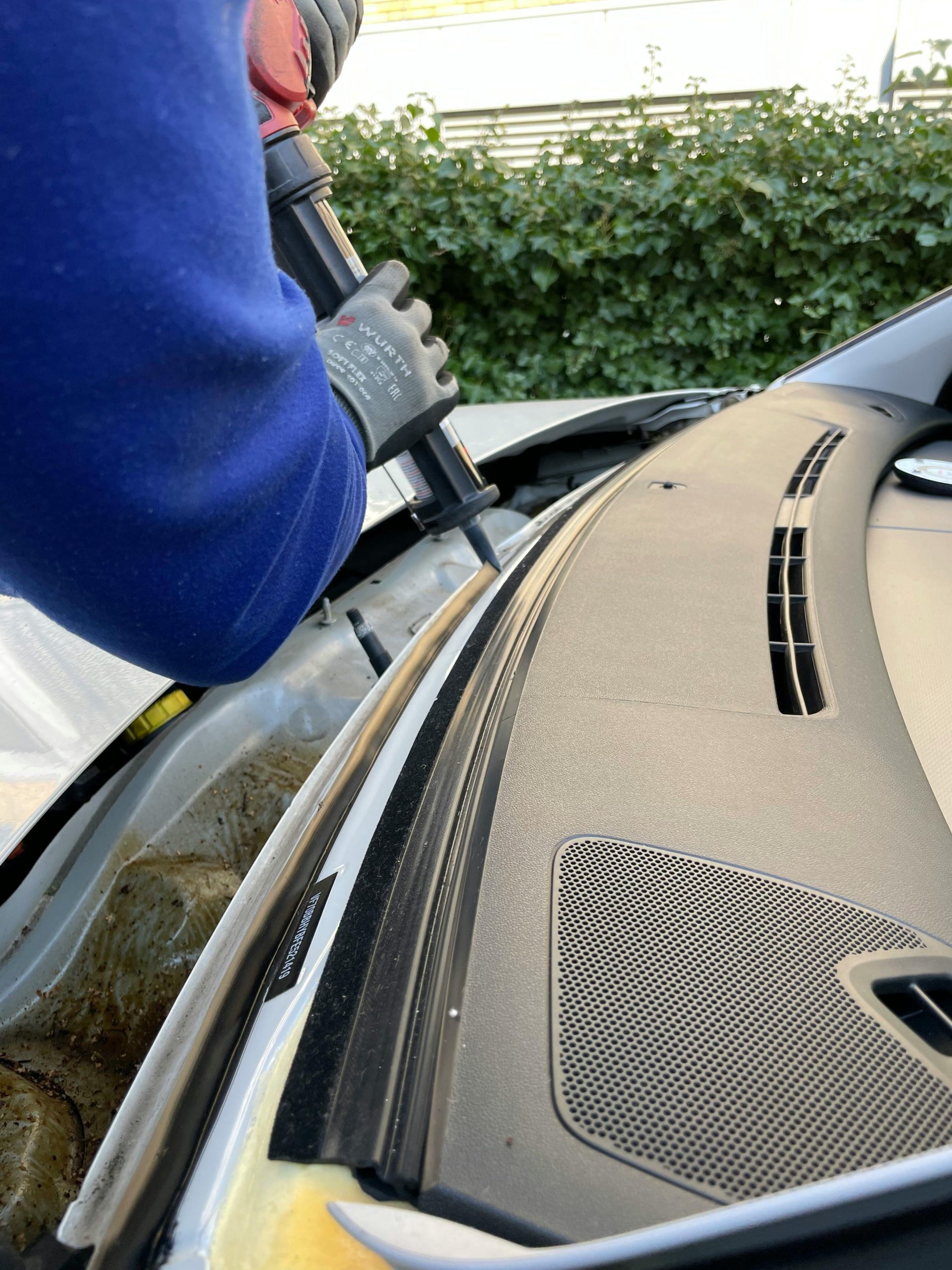I was involved in a car accident where I was rear-ended back in late January by someone insured with Maryland Auto Insurance. I submitted a claim to my insurance, Progressive, which determined that the other driver was at fault. Attempts to contact both the other driver and Maryland Auto Insurance were frustrating; I got the runaround for over a month. Maryland Auto claimed the driver wasn’t responding to their calls, while the driver told me they weren’t getting through to Maryland Auto. Progressive stepped in and tried to reach out to Maryland Auto twice after I urged them to help, but they had no success and eventually gave up.
After consulting some lawyers online, I learned that my best course of action was to leverage my own insurance. This meant I would pay my $750 deductible, and Progressive would cover the remaining costs, aiming to recover my deductible through subrogation. However, Progressive warned that they often don’t succeed in these attempts, which meant I might end up losing my deductible completely.
Given that the damage to my car was quite noticeable, I decided to go ahead with this plan. I paid the $750 deductible, and Progressive covered an additional $761, bringing the total repair cost to about $1,500. The repairs were completed last week, and today I received an unexpected check for approximately $1,800 from Maryland Auto Insurance. They never reached out to accept liability or inform me about the check.
Now I’m faced with a dilemma: Should I inform Progressive about this check, or can I cash it without notifying them? I have to admit, I’m frustrated with Progressive’s lack of support in dealing with Maryland Auto—they only called twice and gave up so easily, while I was making daily follow-ups for weeks myself. I worry that if I don’t let Progressive know and they find out later, it could mess with the subrogation process. There’s also a chance Maryland Auto might report to Progressive, which could adjust the damages amount from their original estimate of $1,800, since my repairs were actually $1,500. On the flip side, if the subrogation case fails due to Maryland Auto’s poor communication, I might be able to keep the check.
What should I do?
TL;DR: I was rear-ended, the other party’s insurance gave me the runaround, my insurance paid for the repairs (after I paid a $750 deductible), and now I’ve received a check from the other party’s insurance. Should I inform my insurance about the check?




It’s understandable to feel frustrated in this situation, especially after everything you’ve gone through. However, it’s generally a good idea to be transparent with your insurance company about receiving the check from the other party’s insurance. Here’s why:
Legal Obligations: Most insurance policies have clauses that require you to inform them of any payments related to a claim. Failing to notify Progressive could potentially have ramifications down the line.
Subrogation Process: If you cash the check without informing Progressive, it could complicate the subrogation process. If Progressive eventually finds out about the check and sees that you didn’t disclose it, they may have grounds to recover the amount they paid to you.
Potential Adjustments: While you’re concerned about losing the extra $300, it’s best to bring it up with Progressive. They may have ways to work this out and might not even pursue a whole lot of that extra amount, especially since they only paid for what was necessary to fix your car.
Future Claims: Keeping good relations with your insurer can help you in future claims situations. Transparency builds trust.
In summary, while it’s tempting to pocket the check without telling Progressive, being upfront about the situation is likely the best course of action. Reach out to them, inform them of the check, and clarify the amount you actually paid for the repairs. This way, you stay on the right side of your policy and maintain a good relationship with your insurer.